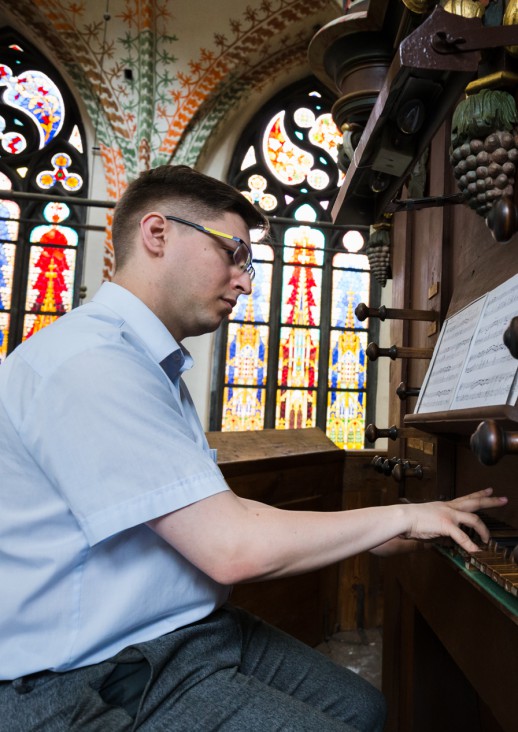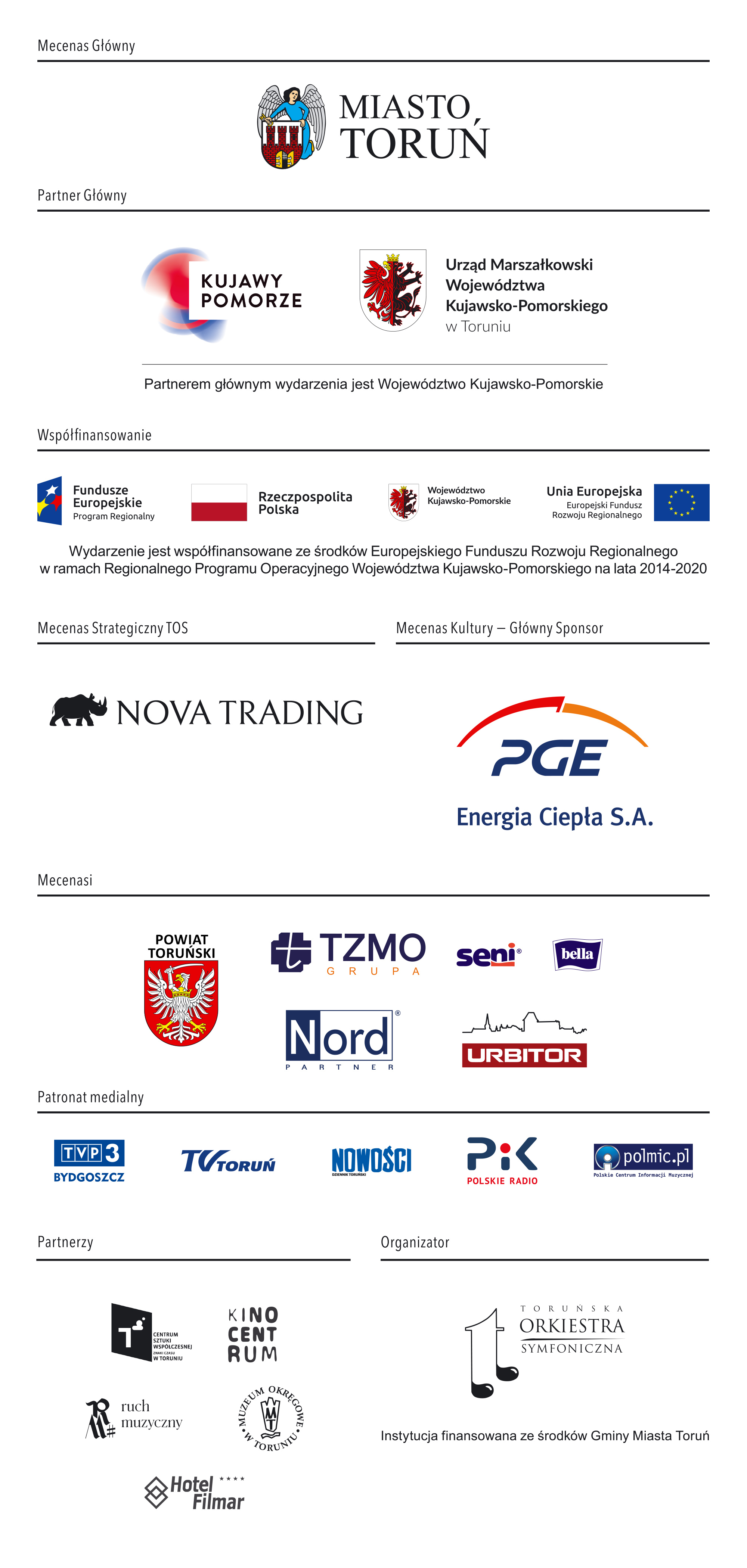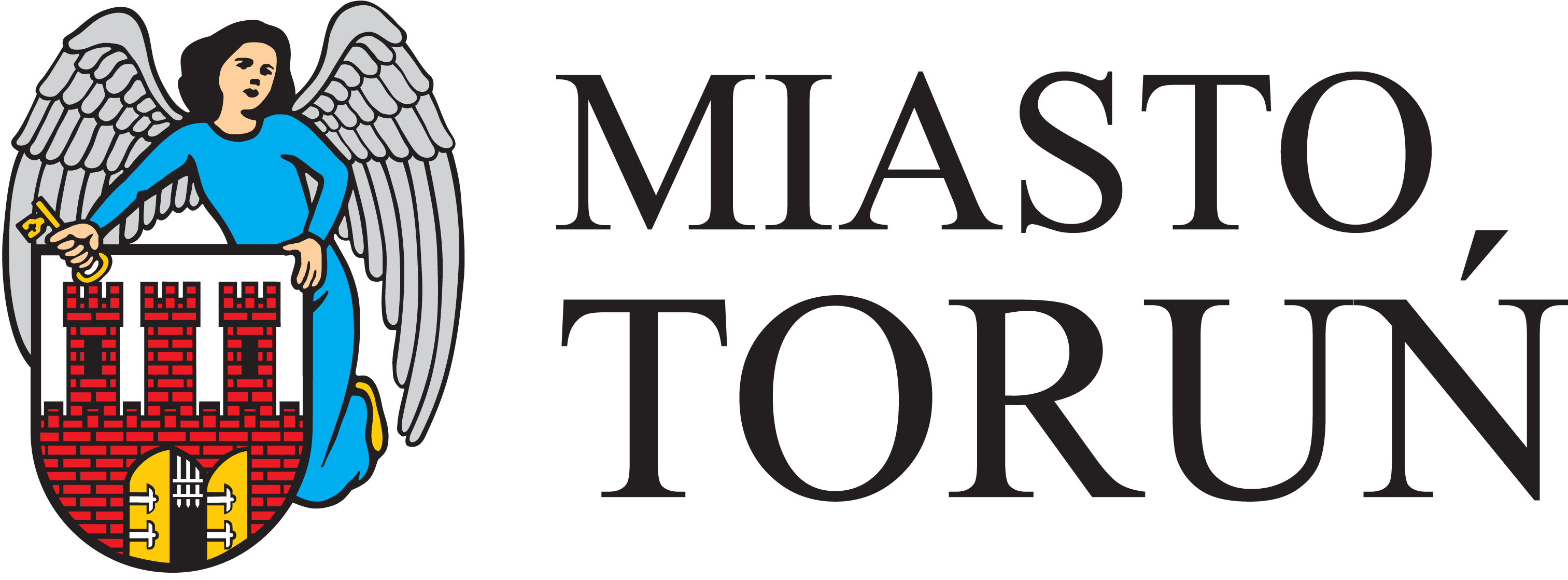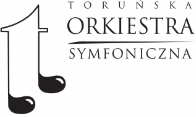The Divine Instrument
The concert will be held under 25th International Festival “Nova Music and Architecture” - Toruń, Kuyavian-Pomeranian 2021
Artist:
Dawid Wesołowski - organ/introduction
Programme:
Baroque organ:
Gdańsk organ tablature:
- Alla phantasia primi toni
- Phantasia tertii toni
Toruń organ tablature - Deus in audiutorium
Tablature of Jan of Lublin - Rex
Leipzig tablature - Cantio polonica
Organy główne:
T. A. Volckmar - Sonate No. 4 in G minor
J. P. Sweelinck - Mein junges Leben hat ein End
J. Stanley - Voluntary VI op. 7
J. Stanley - Voluntary VII op. 7
J. Surzyński - Prelude in a minor Op. 19 No. 8
J. Surzyński - Postlude in A major Op. 19 No. 4
A. Hlond: Preludes in B-flat major, in F-sharp minor, in B-falt major, in C major, in C major, in A minor
H. Andriessen - Thema met variaties
F. W. Markull - Nun lobe meine Seele
F. W. Markull - Vom Himmel hoch, da komm'ich her
F. W. Markull - Orgel-Nachspiele No. 1 Op.62
Organ tablatures in Poland are a representative group of this kind of compositions in Europe. In the years 1420-1700, at least twenty tablatures were written in our country. The oldest of them is the very extensive and significant Tablature of Jan of Lublin (1537-1548), preserved in its complete form. It was written in the monastery of Kraśnik, but was used by the Kraków community. It is one of two sources of the surviving compositions by Nicolaus Cracoviensis. The author of the Gdańsk Tablature (1591) was presumably Cajus Schmiedtlein, a German composer and organist active in St Mary’s Church in Gdańsk. As far as the Toruń Tablature by Johannes Fischer of Morąg (1591-1604) is concerned, unfortunately, only the second book has survived. Researchers point out that Fischer was not only responsible for rewriting the works included in this collection, but was also the author of many of them.
John Stanley (1712-1786) was an English composer of the Baroque era. One of his organ teachers was William Babell, a pupil of Georg Friedrich Händel. After Babell’s death Stanley collaborated with his pupil, a scribe and friend John Christopher Smith. He wrote organ concertos and oratorios that rivalled the works of such Baroque music giants as Bach, Vivaldi and Händel. We will hear Stanley’s improvised miniatures No. VI and VII from the cycle Voluntary op. 7.
The programme will also include compositions (Prelude in A minor, Op. 19 No. 8 and Postlude in A major op. 19 No. 4) by Józef Surzyński (1851-1919), educated in mathematics, music and theology (he was ordained a priest in 1879). He later served as an organist at Poznań Cathedral, where, in defiance of the Prussian authorities, he established a boys’ and men’s cathedral choir. He composed in the Cecilian style, free from artificial virtuosity, with reference to the Renaissance style of Giovanni Pierluigi da Palestrina.
Another organist who had connections with Gdańsk was Friedrich Wilhelm Markull (1816-1887), a versatile musician and organist, an author of symphonies, operas, oratorios, cantatas and organ pieces. He very often performed the latter himself. In 1845 he published a collection of chorales, from which we will hear: Nun lobe meine Seele and Vom Himmel hoch.
The landscape of organ music will be complete with compositions by ‘Orpheus of Amsterdam’ - Jan Pieterszoon Sweelinck (1562-1621), Theophil Andreas Volckmar (1684-1768), who had connections with Szczecin, a Silesian and Salesian, Antoni Hlond (1884-1963) (also known as Antoni Chlondowski – he changed his name to avoid being mistaken for his brother, Cardinal August Hlond), and the Dutch composer and organist Hendrik Franciscus Andriessen (1892-1981).
Aneta Derkowska, PhD
There is no intermission in the concert.
The event will take place in accordance with current recommendations and guidelines.
Please read the rules and comply with the GUIDELINES FOR THE CONCERT PARTICIPANTS.
IN CONNECTION WITH THE ONGOING COVID-19 PANDEMIA and completing the statement to be given to
you by staff on the day of the concert.










